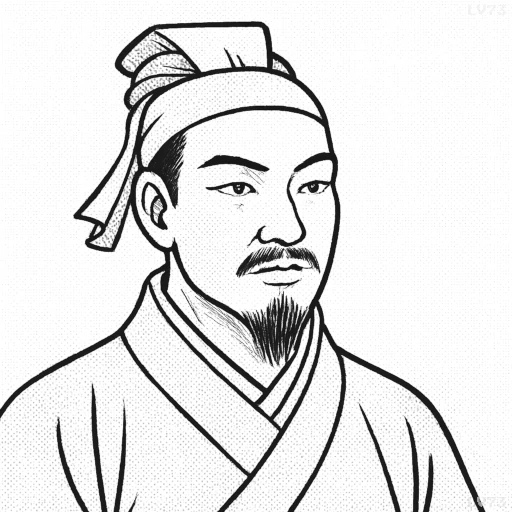“Of all those in the army close to the commander none is more intimate than the secret agent; of all rewards none more liberal than those given to secret agents; of all matters none is more confidential than those relating to secret operations.”

- 544 BC-496 BC
- Born in China
- Military strategist, military strategist
table of contents
Quote
“Of all those in the army close to the commander none is more intimate than the secret agent; of all rewards none more liberal than those given to secret agents; of all matters none is more confidential than those relating to secret operations.”
Explanation
In this quote, Sun Tzu emphasizes the vital role of intelligence and espionage in warfare. The “secret agent” is depicted as a figure of great importance, as their work enables the commander to make informed decisions based on covert information about the enemy. By gathering intelligence, secret agents provide the commander with critical insights that can shape military strategy, making their contribution more intimate and essential than any other. The quote also suggests that the rewards for successful agents should be substantial, recognizing the risks and value of their work. Additionally, the confidential nature of secret operations means that such matters must be handled with extreme discretion to avoid compromising the mission.
In modern contexts, this principle remains highly relevant in fields like military intelligence, counterterrorism, and even corporate espionage. Today, intelligence agencies like the CIA or MI6 continue to gather crucial information to shape decisions in national security and international relations. For example, cyber espionage plays a significant role in modern geopolitics, where nations use hackers or covert agents to access sensitive data from rivals, as seen in the Stuxnet virus that targeted Iran’s nuclear program. In business, corporate espionage—where companies seek to uncover competitors’ trade secrets—can have significant implications for market dominance.
The historical importance of secret agents can be seen in World War II, where intelligence operations such as Britain’s MI6 and the US Office of Strategic Services (OSS) were pivotal in providing key information that shaped military strategies. The D-Day invasion was successful, in part, due to the Allied intelligence that misled German forces about the landing site. Secret agents in both military and intelligence agencies remain crucial to understanding enemy plans, manipulating adversaries, and securing victory.
Would you like to share your impressions or related stories about this quote in the comments section?

